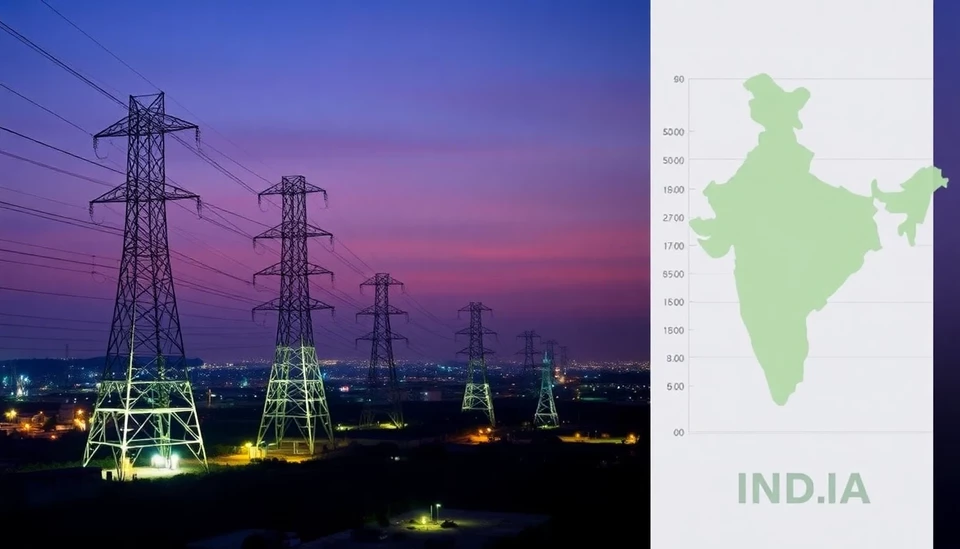
In a significant move aimed at optimizing electricity supply and ensuring stability in its power grid, India has announced plans to overhaul its power demand forecasting framework. The initiative is part of a broader strategy to improve energy management as the country faces increasing electricity demand, fueled by rapid industrialization and urbanization.
The Ministry of Power has unveiled a comprehensive strategy that will leverage advanced technologies and data analytics to enhance the accuracy of power demand predictions. With an objective to mitigate imbalances between electricity supply and consumption, this revamp is seen as essential for the nation as it aims to transition towards a more reliable and efficient energy sector.
Currently, the methods used to forecast electricity demand in India face several challenges, including outdated models and inadequate data collection mechanisms. By implementing state-of-the-art forecasting tools, the ministry plans to address these issues, enabling real-time adjustments in energy supply according to the varying needs across regions. The new system is expected to incorporate artificial intelligence and machine learning techniques to analyze consumption patterns more effectively.
The repercussions of inaccurate demand forecasting can be severe, leading to power shortages or wastages in electricity generation. To combat this, the Indian government aims to establish a more proactive approach to energy planning, which would include enhancing collaboration between various stakeholders in the power sector. This collaborative framework is intended to ensure that regional utilities and state governments work together closely to meet the electrical needs of communities dynamically.
Furthermore, this initiative aligns with India's commitment to increasing renewable energy use while ensuring a stable energy supply. As the nation moves towards green energy sources, accurate forecasting becomes even more crucial, given the intermittent nature of renewable power generation. An improved forecasting system would facilitate a smoother integration of renewable energy into the national grid, minimizing reliance on fossil fuels and promoting sustainability.
In conclusion, the Indian government’s plan to revamp power demand forecasting represents a pivotal step toward achieving energy security and efficiency in the coming years. As the country continues to develop economically and technologically, having a robust and responsive energy infrastructure will be critical to supporting its growth and meeting the expectations of a burgeoning population.
With these reforms, India sets a precedent that may inspire other nations, especially in the developing world, to reassess their energy management strategies. By fostering innovation in energy forecasting, India aims not only to enhance its electrical supply capabilities but also to pave the way for a more sustainable and resilient power future.
#India #PowerDemand #EnergyForecasting #RenewableEnergy #GridManagement #Sustainability #ArtificialIntelligence
Author: Sophie Bennett




